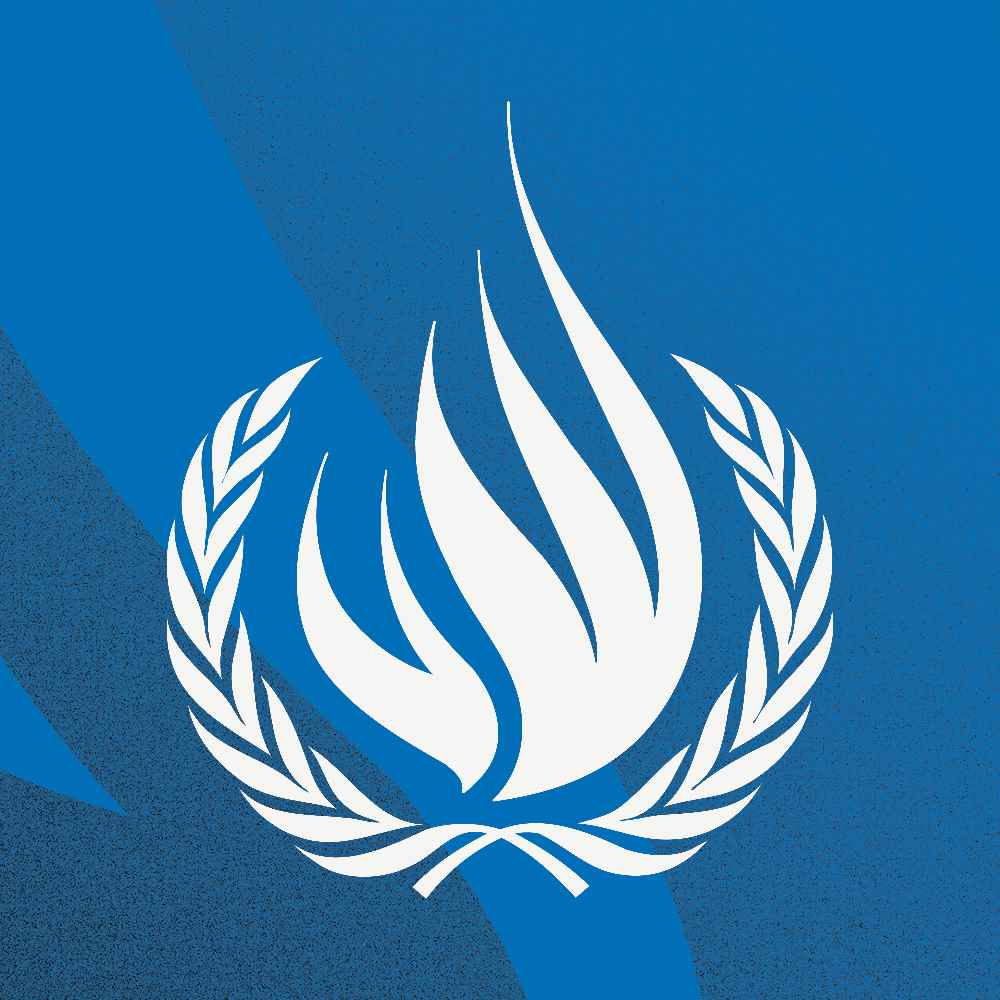
GENEVA (14 June 2024) – Draft legislation before the Peruvian Congress establishing that no one can be prosecuted, sentenced or punished for crimes against humanity or war crimes committed before 1 July 2002, contravenes international standards on the application of statutes of limitations to atrocity crimes, UN experts* warned today.
“The adoption of bill 6951/2023-CR pending approval before the Peruvian Congress, would foreclose the criminal prosecution, conviction and sanction of persons who committed such crimes before July 2002, impeding access to justice, and the right to truth and reparation for the victims,” the experts said.
On 6 June 2024, the Plenary of the Congress voted in favour of the Bill which proposes the application of statute of limitations in such circumstances. If approved, no act prior to that date would be qualifiable as a crime against humanity or a war crime. A second vote by the plenary is necessary for the legislature to pass the law.
“The adoption of the bill would put Peru in stark contravention of its obligations under international law,” the experts said. “Indeed, statutes of limitations cannot not apply to gross violations of international human rights law and serious violations of international humanitarian law which constitute crimes under international law.”
“The imprescriptibility of crimes against humanity is a norm of jus cogens and of customary international law, from which no derogation is permitted and to which Peru must adhere,” they said.
“At a time when most nations have reformed their domestic legislation to comply with this fundamental principle, bill 6951/2023-CR clashes the international community’s basic values, it encourages impunity and is in patent contradiction with the Rule of law.”
They called on the legislative branch to ensure that norms passed by Congress fully comply with international law and human rights standards.
*The experts: Bernard Duhaime, Special Rapporteur on the promotion of truth, justice, reparation and guarantees of non-recurrence; Morris Tidball-Binz, Special Rapporteur on extrajudicial, summary or arbitrary executions; Aua Baldé (Chairperson), Gabriella Citroni (Vice-Chairperson), Grażyna Baranowska, Ana-Lorena Delgadillo Pérez and Angkhana Neelapaijit, Working Group on Enforced or Involuntary Disappearances.
The Special Rapporteur, Independent Experts and Working Groups are part of what is known as the Special Procedures of the Human Rights Council. Special Procedures, the largest body of independent experts in the UN Human Rights system, is the general name of the Council"s independent fact-finding and monitoring mechanisms that address either specific country situations or thematic issues in all parts of the world. Special Procedures" experts work on a voluntary basis; they are not UN staff and do not receive a salary for their work. They are independent from any government or organization and serve in their individual capacity.
For additional information and media requests please contact: Brenda Vukovic, brenda.vukovic@un.org
For media inquiries related to other UN independent experts, please contact Dharisha Indraguptha (dharisha.indraguptha@un.org) or John Newland (john.newland@un.org)
Follow news related to the UN’s independent human rights experts on X: @UN_SPExperts





